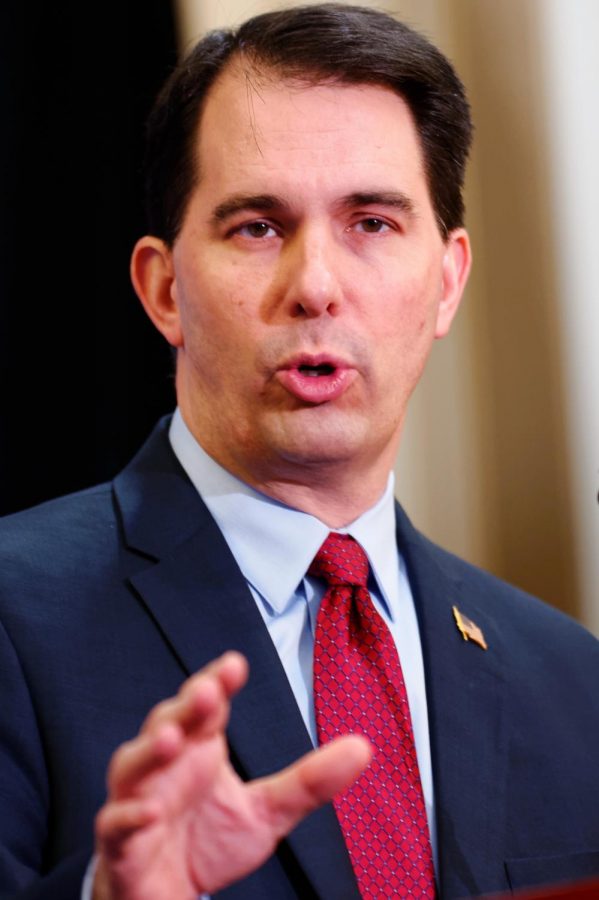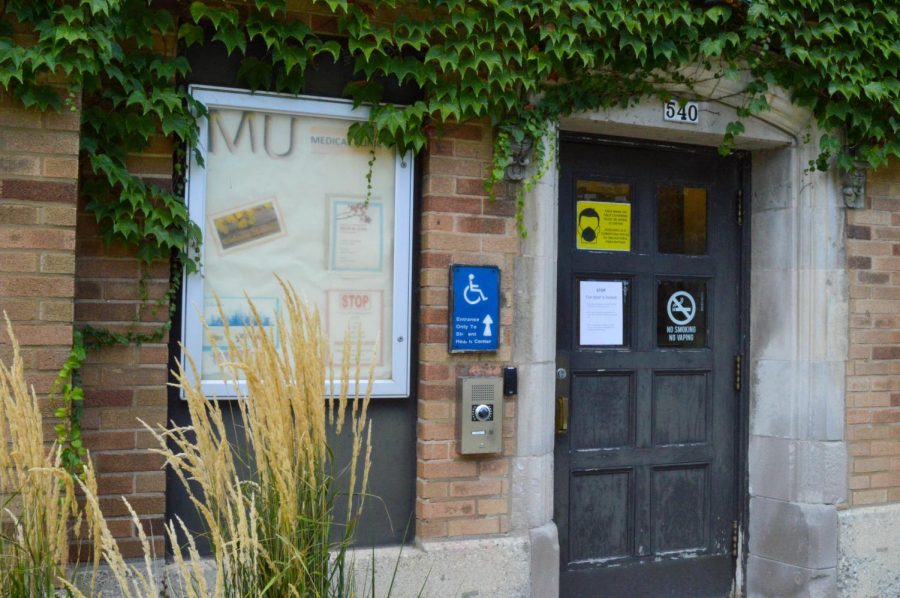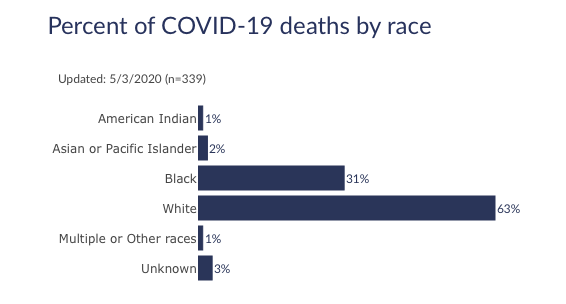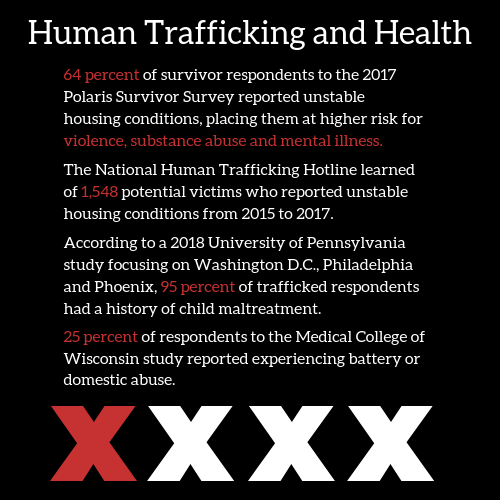I have a five-inch scar that runs across the right side of my neck, which I’ve had since my freshman year of high school. It starts below my chin and falls down diagonally, halting immediately above my collar bone. A necessary deformity.
The ENT surgeon who performed the procedure that created the scar did a fine job, and was compensated appropriately. He was paid — not out of my pocket, not through a private insurance company, but by government aid allocated for the purpose of protecting low-income families. Aid designed to ensure that 14-year-old kids whose parents’ jobs don’t offer health benefits are able to seek medical treatment without forcing their families to take a second mortgage on their homes to pay for it.
Health insurance has never been something I’ve had the luxury of taking for granted. And while many Americans are afforded that privilege, roughly 70 million of us look to government-allocated funds to keep us from the 21st century equivalent of a debtor’s prison.
Unfortunately for many of us, the newly-instated Trump administration has already taken measures toward removing a crucial component in our collective medical coverage. The Affordable Care Act, also known as the ACA or, more colloquially, Obamacare, expanded Medicaid coverage beginning in 2010, offering government assisted health care to more low-income adults, the exceptionally poor and those with preexisting conditions. That same act is now almost definitely going to be repealed.
While only about 20 million of the 70 million Medicaid subscribers will lose their coverage once Obamacare is repealed, that should be a significant enough number to cause some pause among Republicans voting for the repeal.
My complaint isn’t about Trump. It isn’t about red or blue, party lines or any of that. This is about seeing the human implications of supporting or denouncing policies because of their partisan associations.
Obamacare had a lot of problems, namely the high premiums, which resulted in a lot of Americans opting out of health coverage altogether — myself included. Because of this, I would be excited to see a replacement that would actually address the issues that exist with the current system. But issues the public has with the ACA are not the issues Republican officials have with the ACA.
On a human level, the repeal is going to hurt a lot of people. It’s safe to assume that once current subscribers no longer qualify for government assistance, some of those subscribers will die, and bankrupt themselves and their loved ones before they do.
When people can’t afford their medication, they don’t buy it. And when people can’t afford treatment, they don’t get treated.
Repealing the ACA is inevitable. Republicans have already pushed for repeal 50 times over the past six years. The issue is how underdeveloped the proposed replacement is. The protections that have made the ACA important to so many Americans have been either significantly reduced or excluded altogether in replacement proposals.
Many Republicans voting to replace and repeal are doing so to comply with partisan designations. Even Trump administration Secretary of Health and Human Services and former Republican Georgia Rep. Tom Price has sponsored legislation that has strengthened Medicaid and government assistance programs.
It’s unusual that I would agree with anything Kentucky Republican Rand Paul says, but he is the only Republican who has staunchly refused to vote in favor of the repeal because he doesn’t think an appropriate alternative has been developed.
While I’m sure Sen. Paul and I have different ideas about what an appropriate alternative looks like, at least we can agree that action being taken on this issue is hasty. The only benefit I can see is that once people start to feel the personal repercussions of the repeal, it will cost Republicans the 2020 election.














Jeremy engdahl-Johnson • Jan 24, 2017 at 10:30 pm
Here are questions that should be considered as proposed healthcare legislation is formulated. Read here: https://www.healthcaretownhall.com/?p=8394#sthash.uUSHV0kP.dpbs